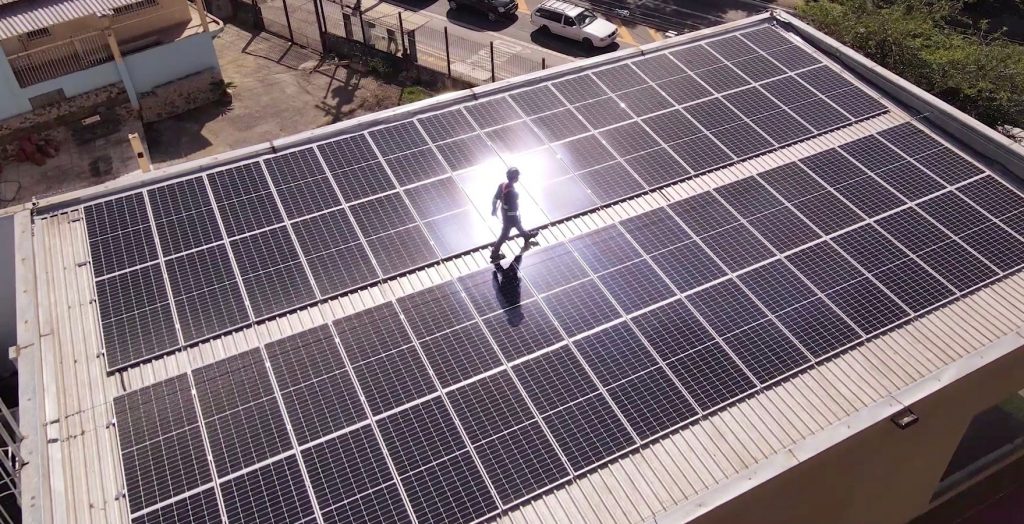Swift, a benchmark in the quality of frozen food products, is taking a very important step towards preserving the environment: the adoption of solar energy in 100% of its store network in Brazil. The project is a partnership with Âmbar Energia, a company of the J&F group that operates in the generation, transmission to commercialization and energy management services.
The initiative is already in an advanced stage of implementation, with photovoltaic panels working in several stores. By the second half of 2023, the entire grid will be powered by solar energy. At this stage, the program involves an investment of R$ 150 million by Âmbar Energia, responsible for operating the system.
The agreement also includes Swift’s expansion plan, ensuring solar energy supply in all stores opened by 2025. “We designed a bold implementation plan, because we are committed to the planet and understand that this is a much more sustainable option. Sunlight can be used abundantly in our country without affecting the environment, it is a clean and renewable energy that has long-lasting equipment that requires little maintenance,” he says Raphael Jacob, CFO and head of Swift’s sustainability programs.
In addition to the roofs of the stores themselves, micro and mini photovoltaic plants will be built at several JBS facilities and elsewhere under Âmbar’s management. JBS’s global headquarters, in São Paulo, is one of the spaces that will receive photovoltaic panels. The electricity produced at the JBS facilities and at the other solar farms operated by Âmbar will be added to the electrical system, offsetting the consumption of the stores.
“The partnership with Swift marks a new phase in Âmbar’s history, with investments in renewable energy and the offer of customized solutions for cheaper, more sustainable and safer energy for customers of all sizes,” says the president of Âmbar Energia, Marcelo Zanatta.
“The project is in line with JBS’s sustainability strategy, which in March made a commitment to become Net Zero by 2040, bringing its greenhouse gas emissions to zero,” said Raphael Jacob.

